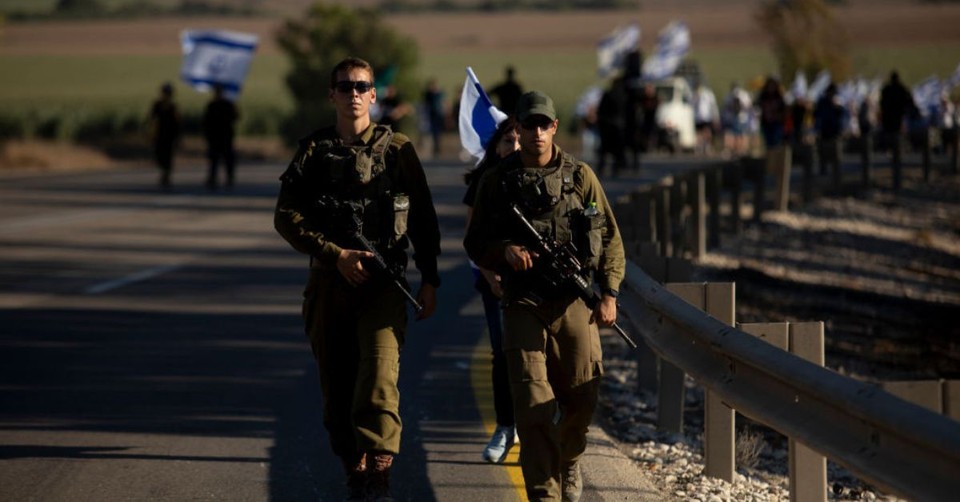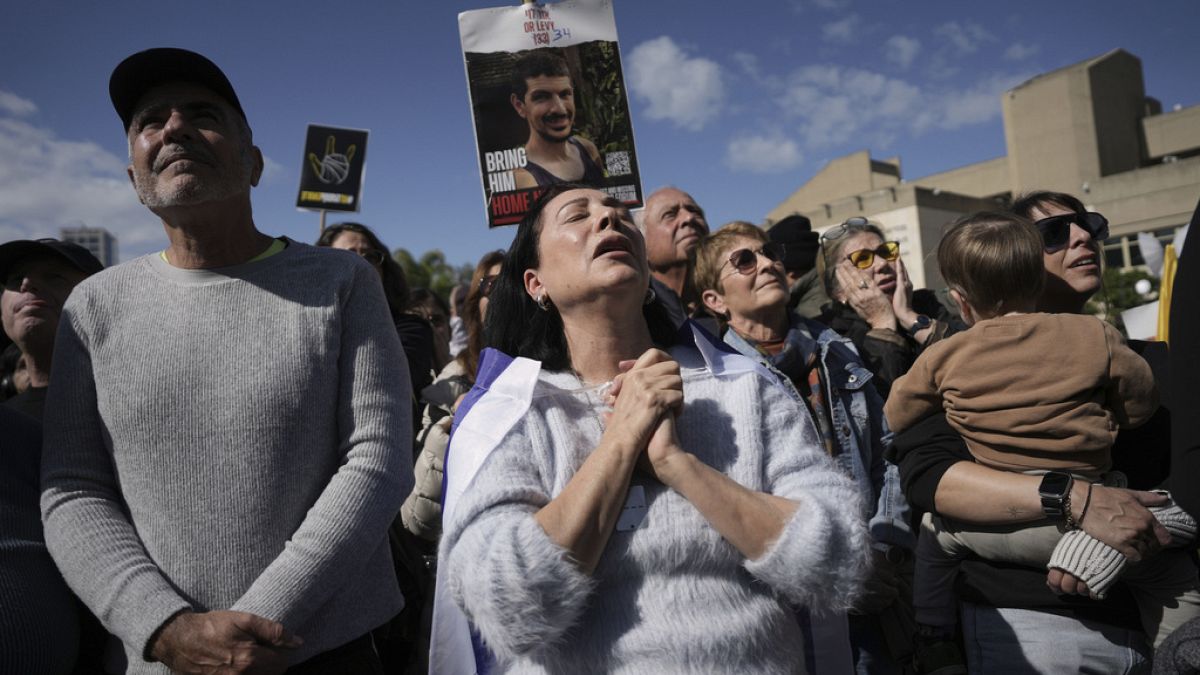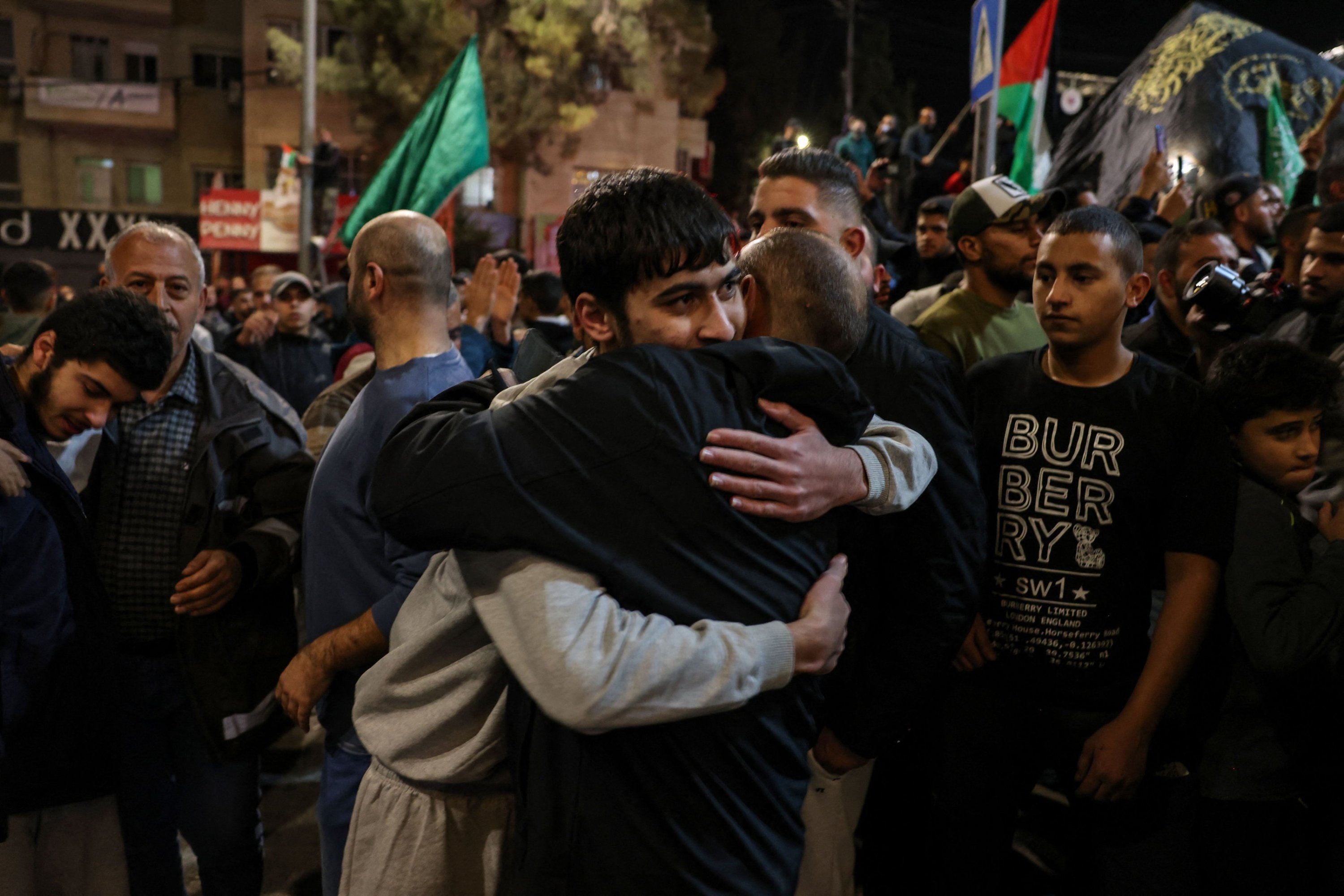A Fractured Humanity: The Unseen Scars of War and the Quest for Justice

In the shadow of conflict, where truth and propaganda collide, the stories of women, victims, and survivors reveal the harrowing cost of war—a cost measured not just in lives lost, but in dignity shattered.
In the heart of the Middle East, where the echoes of ancient battles still resonate, a modern-day war has unleashed a storm of allegations, denials, and heart-wrenching human suffering. A recent United Nations report has cast a stark light on the devastating toll of the Israel-Hamas conflict, accusing Israel of systematically destroying women’s healthcare facilities and employing sexual violence as a weapon of war. These claims, vehemently denied by Israeli officials, have ignited a firestorm of international debate, leaving the world to grapple with the haunting question: In the fog of war, who speaks for the voiceless?

The report, issued by the UN Commission of Inquiry on the “Occupied Palestinian Territory,” alleges a pattern of sexual and gender-based violence perpetrated by Israeli forces. Chris Sidoti, a member of the commission, stated unequivocally, “The Commission documented a pattern of sexual violence, including cases of torture, rape, and other severe acts that amount to war crimes and crimes against humanity.” These allegations, if proven true, would mark a chilling escalation in the tactics of modern warfare, targeting not just the body but the soul of a people.
Israel has fiercely rejected these accusations, with top leaders decrying the report as a “blood libel” and a product of antisemitism. Foreign Minister Gideon Sa’ar called it “one of the worst blood libels the world has ever seen,” while Prime Minister Benjamin Netanyahu condemned it as unfounded and biased. Israeli officials have pointed to Hamas’ atrocities on October 7th, including sexual violence against Israeli women, as evidence of the report’s one-sidedness.

The timing of the report’s release adds another layer of poignancy. It coincides with Purim, the Jewish holiday commemorating Queen Esther’s courage in saving her people from annihilation. For many, the juxtaposition is impossible to ignore: a celebration of survival and resilience set against allegations of unspeakable violence.
Amid the accusations and counter-accusations, the human cost of this conflict remains painfully visible. On Friday, Hamas agreed to release 21-year-old Edan Alexander, the final American hostage held in Gaza for 525 days. Alexander, an Israeli American who served in the IDF’s Golani Brigade, was captured during the October 7th massacre. His impending release, alongside the bodies of four other hostages, offers a glimmer of hope in a conflict marked by unrelenting tragedy.

Yet, even as families prepare to welcome their loved ones home, the broader picture remains bleak. Efforts to extend the ceasefire have stalled, with Hamas refusing to accept a proposal presented by U.S. Special Envoy Steve Witkoff. “Hamas continues to employ manipulations and psychological warfare,” Netanyahu lamented, underscoring the fragile state of negotiations.
For the women caught in the crossfire, the stakes are even higher. The destruction of healthcare facilities has left countless without access to essential services, compounding the trauma of war. The UN report’s allegations of sexual violence, if substantiated, would represent a profound violation of international law and human dignity. Yet, in the absence of independent verification, the truth remains elusive, leaving survivors to bear their pain in silence.

As the world watches, the question lingers: How do we reconcile the competing narratives of victimhood and accountability? How do we ensure that the voices of the most vulnerable are not drowned out by the cacophony of geopolitical strife?
In the words of Chris Sidoti, “The Commission’s findings are a call to action—not just for justice, but for humanity.” For in the end, it is not the flags we fly or the borders we defend that define us, but our capacity to see the humanity in one another, even in the darkest of times.




